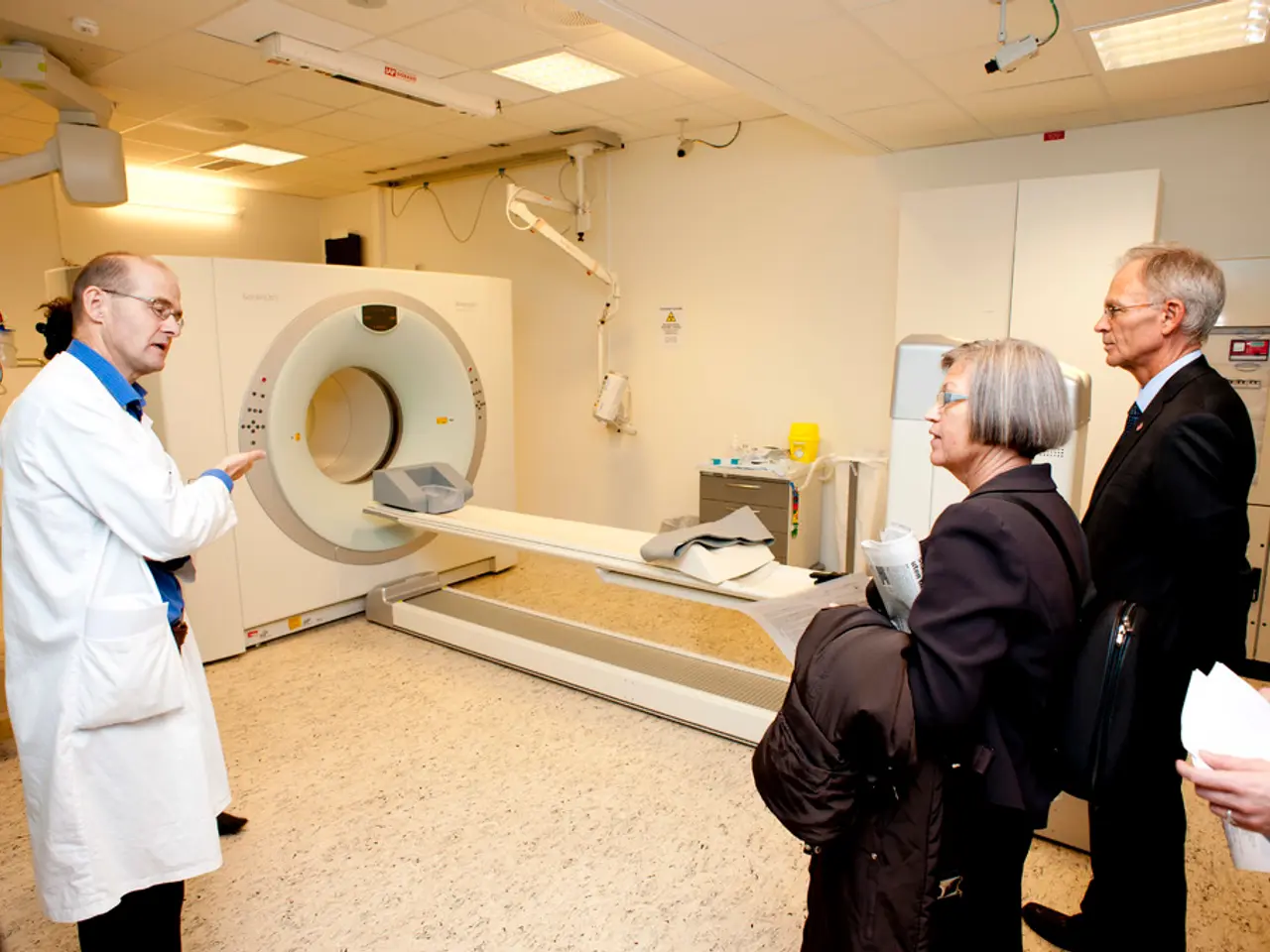Expedite Healthcare Professionals' Education and Training in Rhode Island
Rhode Island Seeks to Address Healthcare Workforce Shortage with Fast-Track Training Programs
The employment of respiratory therapists is projected to grow by 13% from 2022 to 2023, according to recent projections. However, current information indicates that there are no specific fast-track training programs for respiratory therapists or surgical technicians in Rhode Island.
To address the workforce shortage, Rhode Island must develop fast-track training programs, modeled after successful programs in other states. These programs can be designed to be completed in as little as six to 12 months.
One such example is the accelerated Associates Degree in Respiratory Therapy offered by Concorde Career Institute in Florida, which can be completed in as few as 17 months. This program is accredited by the Commission on Accreditation for Respiratory Care.
Similarly, in Pennsylvania, Arcadia University offers a fast-track program to become a surgical technologist with a completion time of four to six months.
In Rhode Island, existing educational institutions like the Community College of Rhode Island (CCRI) and the New England Institute of Technology (NEIT) already have foundational programs that can be expanded and adapted to a fast-track approach. CCRI's two-year associate's degree in surgical technology accepts up to 24 students and requires full-time attendance. NEIT provides an 18-month associates degree in respiratory care with class sizes ranging from 20 to 25 students.
These programs can offer classes in a hybrid or evening/weekend training schedule to accommodate adult workers or those already in the healthcare system. Partnerships with major health systems like Brown University Health and Care New England can provide funding, clinical training sites, and a pipeline to employment.
Respiratory therapists work with patients who are having trouble breathing, and under the direction of a doctor, they assist in a wide range of procedures such as giving patients oxygen, managing ventilators, and administering drugs to the lungs. Surgical technicians work in operating rooms assisting surgeons, anesthesiologists, and nurses.
The future of Rhode Island's operating rooms and ICUs depends on this investment. By investing in a flexible, fast-track education model, Rhode Island can more efficiently face the current workforce shortage while improving patient outcomes.
According to a 2022 survey of respiratory care leaders by the American Association for Respiratory Care, nearly nine in 10 agreed or strongly agreed there is a local shortage of respiratory therapists. Health care workforce shortages have consequences such as longer wait times for patients, increased workloads for existing staff, and the potential for diminished patient care quality.
In conclusion, addressing the worker gap in Rhode Island requires the creation of fast-track training programs. This investment in education is the solution to strengthening Rhode Island's health workforce. For detailed and updated program availability and workforce planning, contacting Rhode Island’s Department of Labor and Training or Community College of Rhode Island directly is recommended.
- To augment Rhode Island's healthcare workforce, it would be beneficial to explore the integration of fast-track training programs in science fields such as medical-conditions management, specifically respiratory therapy and surgical technology, highlighting education-and-self-development opportunities.
- With the objective of improving health-and-wellness outcomes, potential partnerships could be formed with educational institutions like the Community College of Rhode Island and the New England Institute of Technology, supporting the development of fast-track training programs in medical-conditions management, specifically respiratory therapy and surgical technology, to address the existing workforce shortage.




